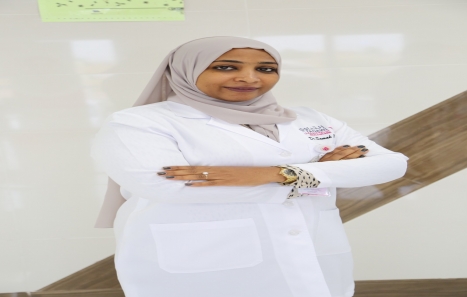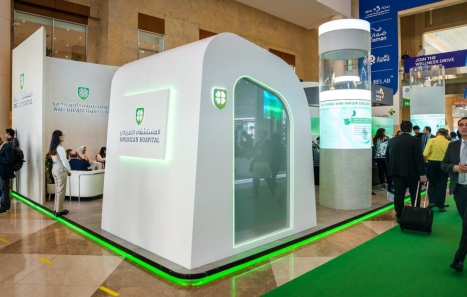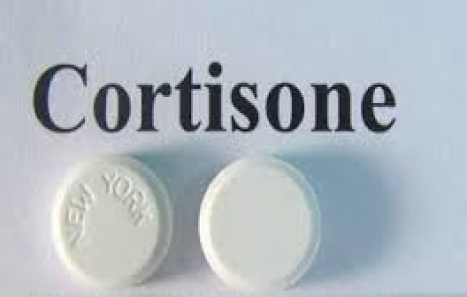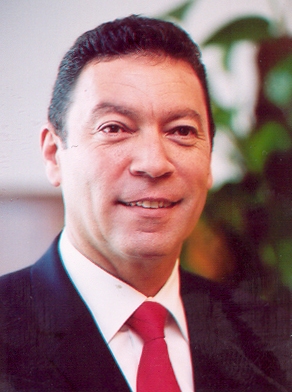Knee osteoarthritis is a debilitating disease; For those afflicted, even the simplest tasks can be problematic'', explains Professor Hassan Zmerly charge of' the Operative Orthopaedics and Traumatology Unit at San Pier Damiano Hospital in Faenza -Italy and Professor of Orthopedics at Ludes HEI Malta, Campus Lugano-Switzerland.
''Pain, the first and main symptom of the disease, restrict the patient in terms of movement, ability to walk, picking up objects off thel ground, cycling and participating in any sport.
The disease is slowly progressive until the entire join wears off completely.
If pharmacological and rehabilitative therapies are not sufficient and affective, it would be possible to adopt, before the surgery, the intraarticular injections of Hyaluronic acid or the use of new methods such the stem cells or the Prp (platelet gel) a concentrated blood containing growth factors that induce tissue repair.
"Stem cells in particular'', says Professor Hassan Zmerly, ''are cells taken from fat or bone marrow and implanted in the damaged joint''. ''These cells have the ability to transform into chondrocytes.
Today there are ongoing studies and researches carried out to investigate the effectiveness of this type of treatment" - explains Professor Zmerly.
"If osteoarthritis is at the beginning (grade 1 or 2), debridement arthroscopy is useful by cleaning the joint from chondral debris (fragments) and treat meniscal lesions'', explains Professor Zmerly. ''Debridement arthroscopy may improve symptoms but it does not stop articular degeneration. It is a minimal invasive surgical technique and the operation can be done under local anaesthesia (only the knee). The duration of arthroscopy is about 20 to 40 minutes, depending on the pathology to be treated.''
'In case of important osteoarthritis'', adds Professor Zmerly. ''the only alternative is the joint replacement under general or spinal anaesthesia, the prostheses can be total or partial (medial, lateral or patella-femoral). The consolidation of interventional techniques, the development of minimally invasive surgery (small incisions, less bleeding, less surgical stress), the tissues sparing added to the development of materials (TNT, Polyethylene and Ceramics) with a durability of implants for over 20 years, permit us today to improve clinical outcomes and minimize complications .
"The recovery time following arthroscopic meniscectomy is estimated to be one month and as for cartilage repair, the recovery period is approximately 1-3 months.
With respect to knee replacement, the patient recovers within 2-6 months depending on the particular case.
It should be noted that while arthroscopy affects only the symptoms of the disease, it does not impede its progress. "
" future treatments, concludes Professor Zmerly, will include applying biological repair with stem cells while the prosthetic replacement would apply to cases of advanced osteoarthritis.














































